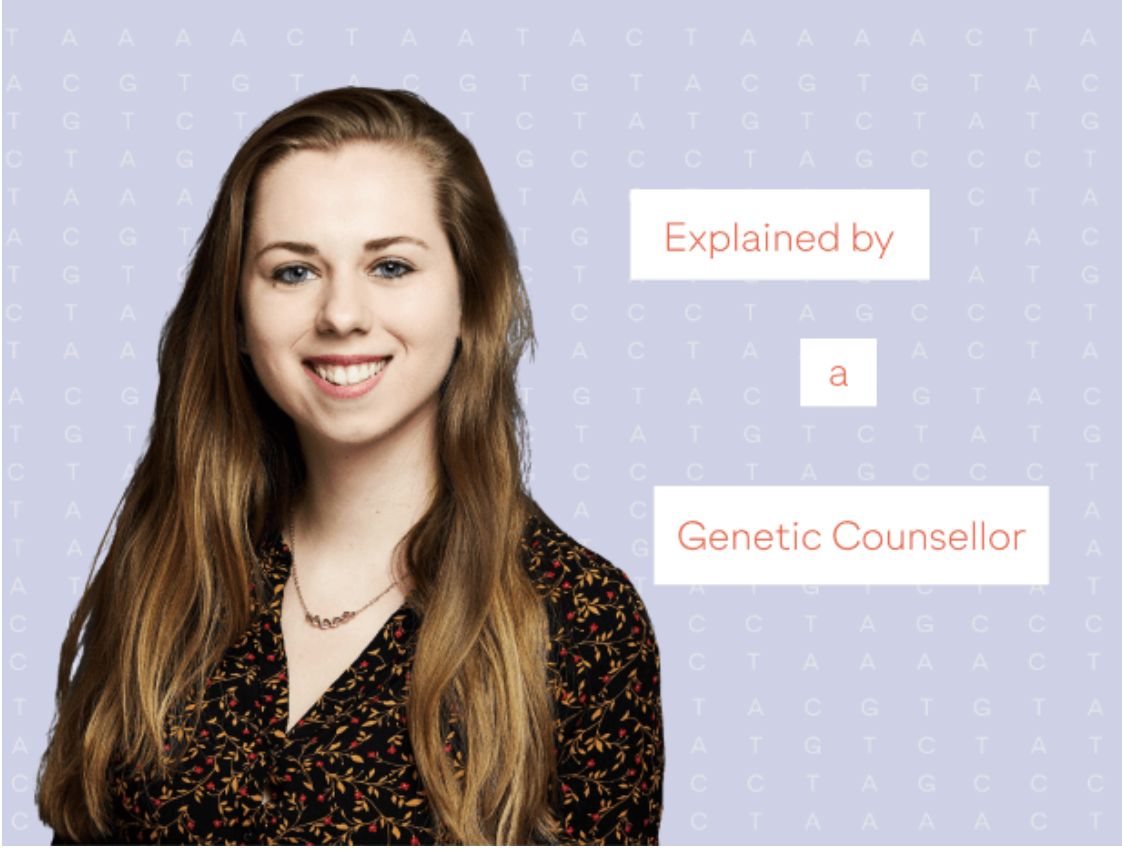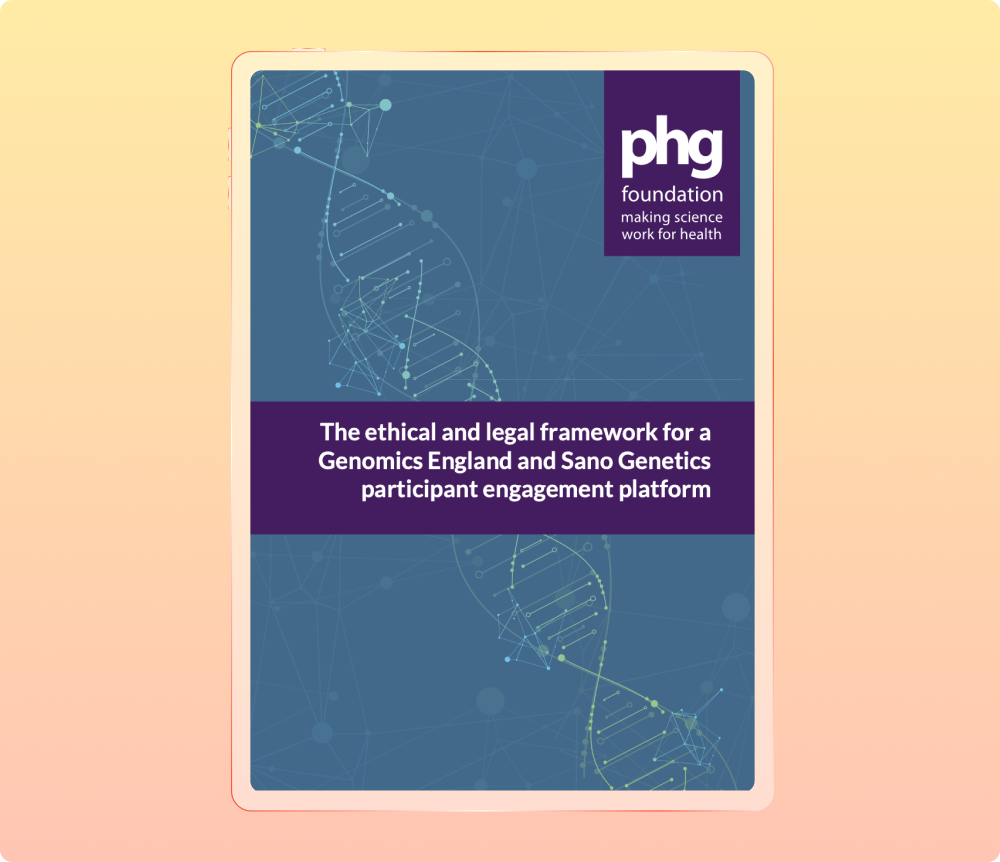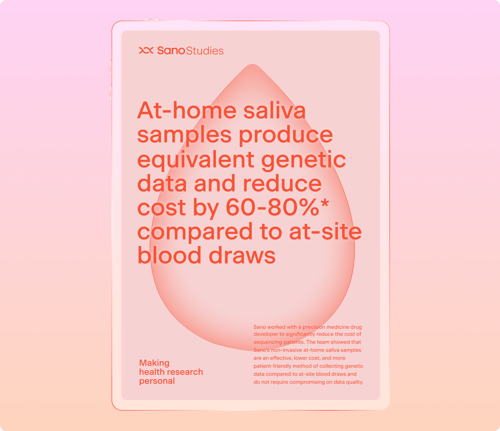
The eurocentricity of genetic research
Eurocentricity in genetics is an issue that researchers are finding harder to deal with as genetic data becomes more available and studies more frequent: so how do we fix the imbalance?
Find out more about the issue of Eurocentricity and what researchers and companies can do better.
The ethical and legal framework for a Genomics England and Sano Genetics participant engagement platform

What is eurocentricity?
There is an imbalance in genetic data: most of the available pool comes from people with European descent. This makes it hard for researchers to interpret genetic data from different ethnicities, and a gap in the knowledge of how genetics plays a role worldwide. For example, while 16% of the world’s population lives in Africa, very little genetic data has been taken from there.
The reason for this imbalance is, in part, due to much of the initial foray into genetics starting in the United Kingdom. As a leader in genetic research, the UK Biobank was created in 2007 and although it has made an effort to create a biobank reflective of the population, the UK is still predominantly homogenous and of European descent. As the field of genetics has grown, much of the research has remained in Europe and America, and has often neglected their own diverse populations.
It is generally recognised that there is Eurocentricity in genetics, with a 2009 study showing that 96% of participants in genetic research were of European descent. Ten years later, improvements have been made – but only to bring that down to 80%. This is a huge issue because European ancestry only makes up about 16% of the global population. The overrepresentation of European ancestry and underrepresentation of everyone else is problematic.
Why is this an issue?
Eurocentricity is problematic for translating genetic technology, as discussed by Dr Alicia Martin in our latest podcast. Dr Martin asks: ‘how does the knowledge that we gain from genetic studies actually translate across these globally diverse populations?'
She argues that while ‘fundamental biology is shared across diverse human population… those genetic variants differ in frequency and all sorts of different factors due to human population history.’ A good example is height, as it is easy to capture. Using our current genetic data it is far easier to predict the height of people of European descent. In fact, when predictions are made across different populations the European man is predicted to be the tallest – with several other populations predicted to be substantially shorter than they actually are. So, outside of the European model, much of the data becomes meaningless.
This becomes a much greater problem when applied to medical issues like heart conditions, cancer relapse, or schizophrenia. If predictions are wrong, researchers may not know since it’s not as obvious as height. Therefore, incorrect medical advice could be given to people.
How can we improve genetic research?
The solution is to acquire more data across a more diverse population, create better statistical methods, and plug the gap in research. Currently, Eurocentricity in genetics is so problematic that rolling out genetic analysis across populations can actually be dangerous due to its inaccuracy.
There needs to be a boosting of diverse sample sizes and it needs to be a global push. There are currently good examples of this research: H3 Africa, All of Us in the United States, and East London Genes and Health in the UK. Other collection efforts include the condition-specific Stanley Centre for Psychiatric Research, and biobanks in Japan and China Kadoorie.
Researchers must also give back to local communities through engagement with diverse collaborators and the training of local researchers who can go on to build future labs. This can bring sustainability to the global effort of genetic research and reduce the need for future foreign aid.
Dr Martin outlines this issue clearly: 'one area that's really important to think about is what local communities, who are typically underrepresented in genetic studies, have to gain from those studies and what the balance is with global engagement. So, for example, when we do genetic studies I think it's really important that we give something back to the local communities and that this, sort of, ‘safari’ research or ‘helicopter’ research is not happening - where geneticists are going into new parts of the world which has not traditionally been involved in genetics research, taking samples and doing whatever with those samples and then not returning anything to the communities. So I think we need to have some research capacity building going on for those areas of the world that are newer to genetics research, so that we can actually build these fruitful, long term, sustainable research collaborations and that people who are developing these new technologies can develop them both for globally diverse and local communities that haven't really been involved or engaged quite as much - either due to limited resources or just being newer to the genetics landscape.'
What does the future hold?
Work is being done, but Dr Martin argues that direct-to-consumer genetics must also play a role: ‘they actually have a responsibility to help with those inequities and those issues because they're so consumer-facing and they are delivering this information to individuals of very diverse ancestries.’
Many of these companies are already worried about this Eurocentricity and the lack of information about varied ethnicities. Many of their customers are diverse, and their genetic analysis may be lacking due to not enough research. While there is always going to be an imbalance in research, and biases genetically, through improved research practices and an increase in data progress can be rapid.
The issue of Eurocentricity in genetic data can be solved to some extent, but it must be a global effort from researchers and consumer companies alike.
You can listen to the full discussion between Dr Alicia Martin and Dr Patrick Short here.
Get in touch
We’ll respond to you within one working day

